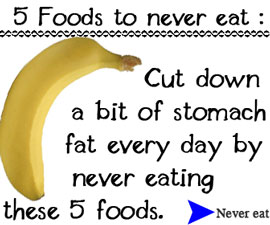As you go about cooking your various meals, one healthy fat that you should regularly consider adding is olive oil.
Olive oil offers many heart health benefits and will nicely improve the taste of many of the different foods that you’re choosing to prepare.
Let’s show you the nutritional information that you should know about olive oil so you can learn precisely how to add it to your diet plan.
Major Nutrients Found In Olive Oil
Since olive oil is a very fat dense food with 100% of it’s calories coming from fat, the calories it contains do add up quickly. For this reason, if you want to maintain your body weight, watching your serving sizes will be a must. It’s far too easy to overdo it with the olive oil which will quickly have you packing on pounds you didn’t intend to.
Olive oil is great for reducing the risk of cardiovascular disease and is entirely cholesterol and sodium free. For anyone who is on a heart health diet, this is one food that you want to be including.
Olive oil will also help to slow down the release of the carbohydrate that you take in during any given meal, allowing you to maintain better control over your blood sugar levels.
Storing/Selecting
To store olive oil, keep it away from direct heat and sunlight, preferably stored in a dark place in your pantry.
Eat It With:
Olive oil is most often used in salad dressings and as a base for frying foods with, however it can also be drizzled over pasta or used to prepare a variety of different sauces.
Burn Off A Serving Of Olive Oil
To burn off the number of calories in a serving of olive oil you would have to do:
- 20 minutes of walking
- 25 minutes of moderate paced weight lifting
- 55 minutes playing cards














